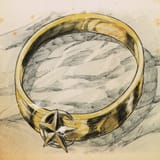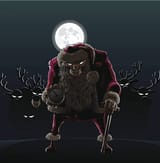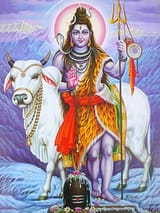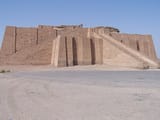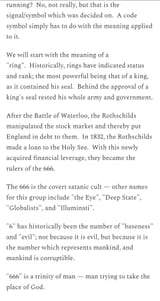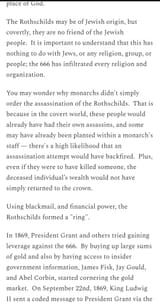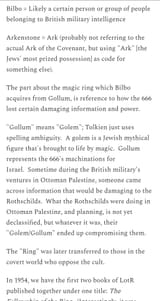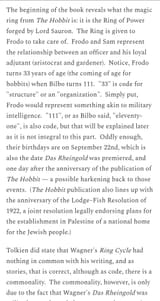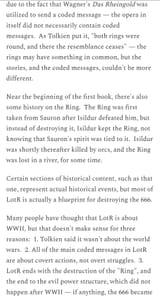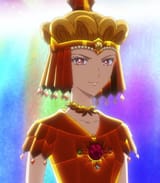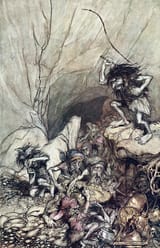Anonymous
8/11/2025, 7:25:47 PM
No.40893155
[Report]
>>40893163
>>40893173
>>40893181
>>40893195
>>40893221
>>40893321
>>40893440
>>40893447
>>40893509
>>40894569
>>40894922
>>40894926
Tolkien wrote the real history of the world
Morgoth-Melkor = Melqart (Heracles/Sanda/Sandos/Ninanzu/Milku/Milcom and maybe Moloch because Mlk root)
Sauron = Apollo Soranus (Nergal/Resheph/Abaddon/Surtr/Śuri)
en.wikipedia.org/wiki/Melqart
en.wikipedia.org/wiki/Śuri
Do not judge by Greek myths, the gods are whitewashed, Herodotus himself was convinced that the Greeks do not know everything about Hercules when he visited the Temple of Melkart-Heracles in Tire. Hiram was also from Tire who built the Temple of Solomon, possibly following the example of the Temple of Melkart (there were also two special columns in it, made of gold and emerald. The emerald column glowed at night, according to Herodotus)
Lucifer. This is related to Lyceus, an epithet of Apollo. Lyceus is related to wolves and light + φέρω(fero) - carry/bring. This is a play on words that the Greeks had. The word Lyceum is also related to this. Lycefero is a wolf that carries light, BUT!!!
>In the Quiche epic Popul Vuh, after the first humans were created, they gathered at the mythical Tollan or Tula, the Place of the Seven Caves, to receive their language and their gods. The Quiche and the others received Tohil there. Tohil demanded a blood sacrifice from the Quiche, and they brought their own blood, as well as the blood of prisoners taken in battle. In the Popul Vuh, Tohil's drinking of blood is compared to breastfeeding a baby
>Indeed, the Kaqchikel tribe is known to have been against the human sacrifice that Tohil demanded in order to obtain fire for them. Here are the bringers of fire
>Tohil was identified with Quetzalcōātl whose double/twin is the wolf Xolotl (he was also considered to be the bringer of fire)
The Etruscans had a demonic character, was associated with volcanoes, wolves, goats and lived underground, and many peoples had a less than rosy character. Even the Greeks didn't particularly like him, the local Apollo, the folk Apollo, had a completely different character.
https://handwiki.org/wiki/Religion:Aplu_(deity)
Sauron = Apollo Soranus (Nergal/Resheph/Abaddon/Surtr/Śuri)
en.wikipedia.org/wiki/Melqart
en.wikipedia.org/wiki/Śuri
Do not judge by Greek myths, the gods are whitewashed, Herodotus himself was convinced that the Greeks do not know everything about Hercules when he visited the Temple of Melkart-Heracles in Tire. Hiram was also from Tire who built the Temple of Solomon, possibly following the example of the Temple of Melkart (there were also two special columns in it, made of gold and emerald. The emerald column glowed at night, according to Herodotus)
Lucifer. This is related to Lyceus, an epithet of Apollo. Lyceus is related to wolves and light + φέρω(fero) - carry/bring. This is a play on words that the Greeks had. The word Lyceum is also related to this. Lycefero is a wolf that carries light, BUT!!!
>In the Quiche epic Popul Vuh, after the first humans were created, they gathered at the mythical Tollan or Tula, the Place of the Seven Caves, to receive their language and their gods. The Quiche and the others received Tohil there. Tohil demanded a blood sacrifice from the Quiche, and they brought their own blood, as well as the blood of prisoners taken in battle. In the Popul Vuh, Tohil's drinking of blood is compared to breastfeeding a baby
>Indeed, the Kaqchikel tribe is known to have been against the human sacrifice that Tohil demanded in order to obtain fire for them. Here are the bringers of fire
>Tohil was identified with Quetzalcōātl whose double/twin is the wolf Xolotl (he was also considered to be the bringer of fire)
The Etruscans had a demonic character, was associated with volcanoes, wolves, goats and lived underground, and many peoples had a less than rosy character. Even the Greeks didn't particularly like him, the local Apollo, the folk Apollo, had a completely different character.
https://handwiki.org/wiki/Religion:Aplu_(deity)


